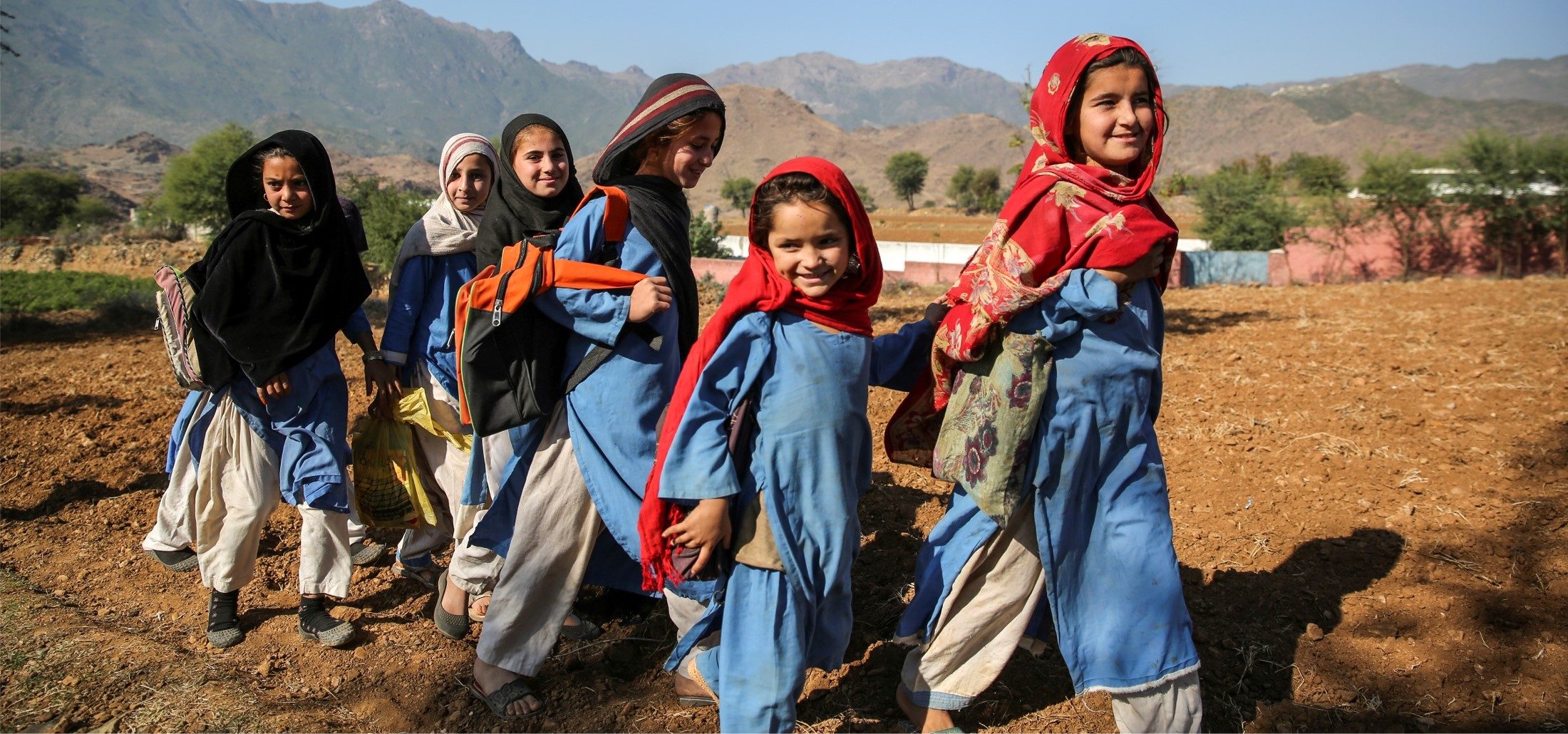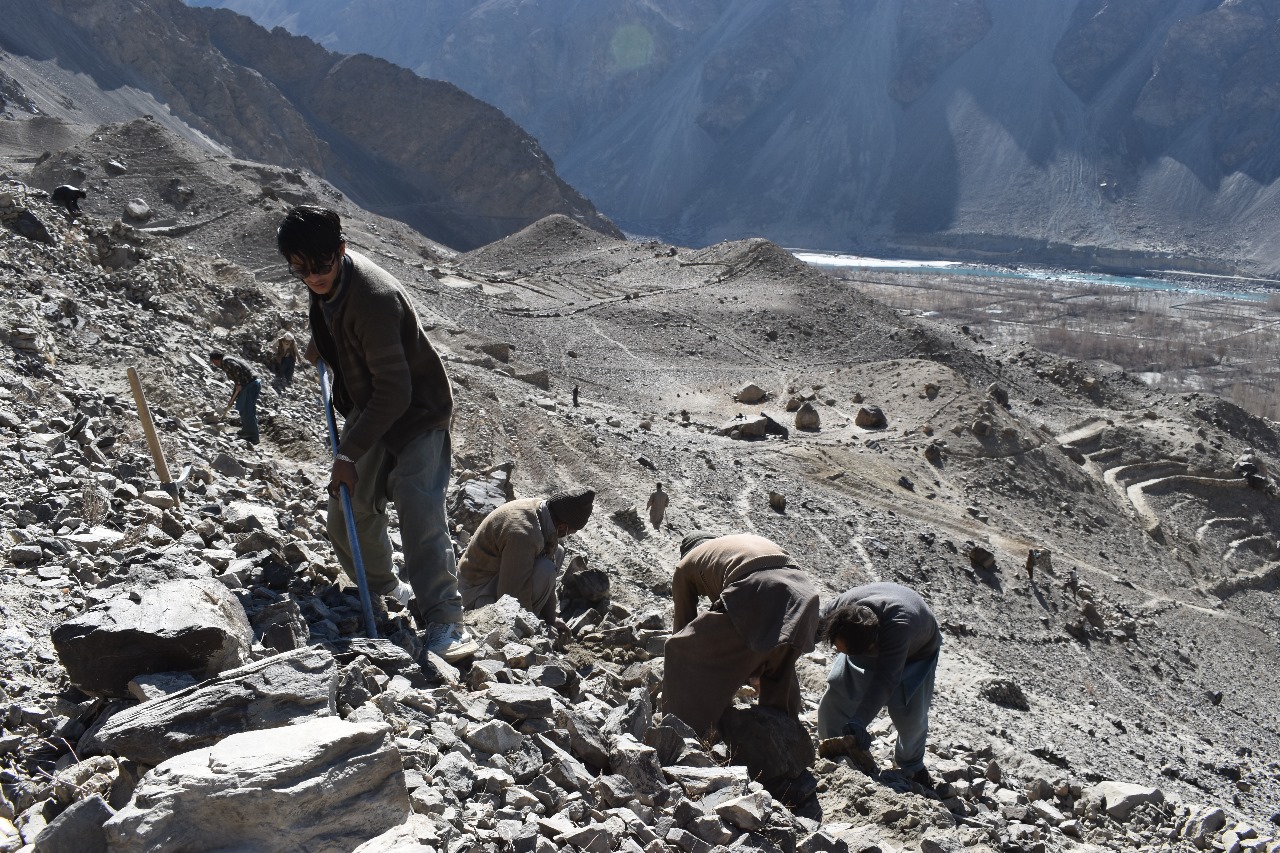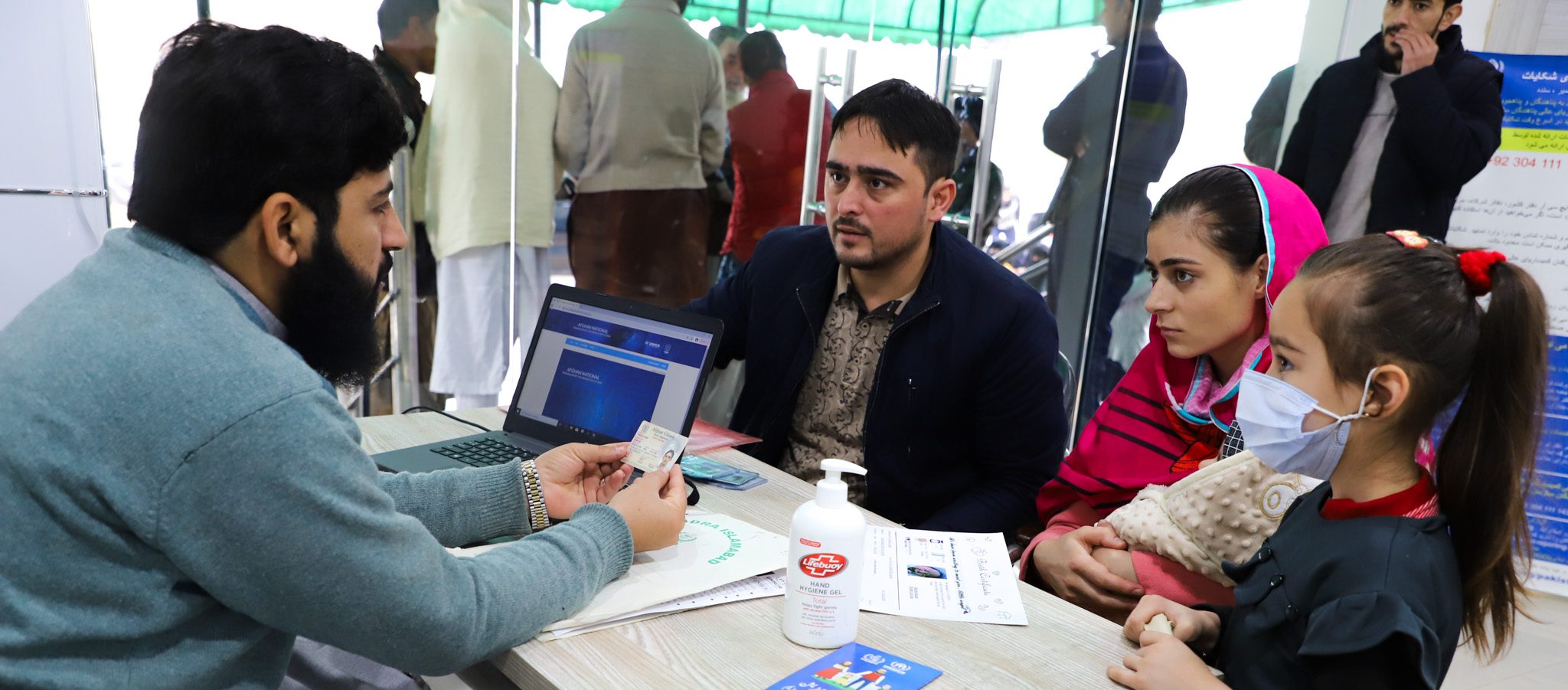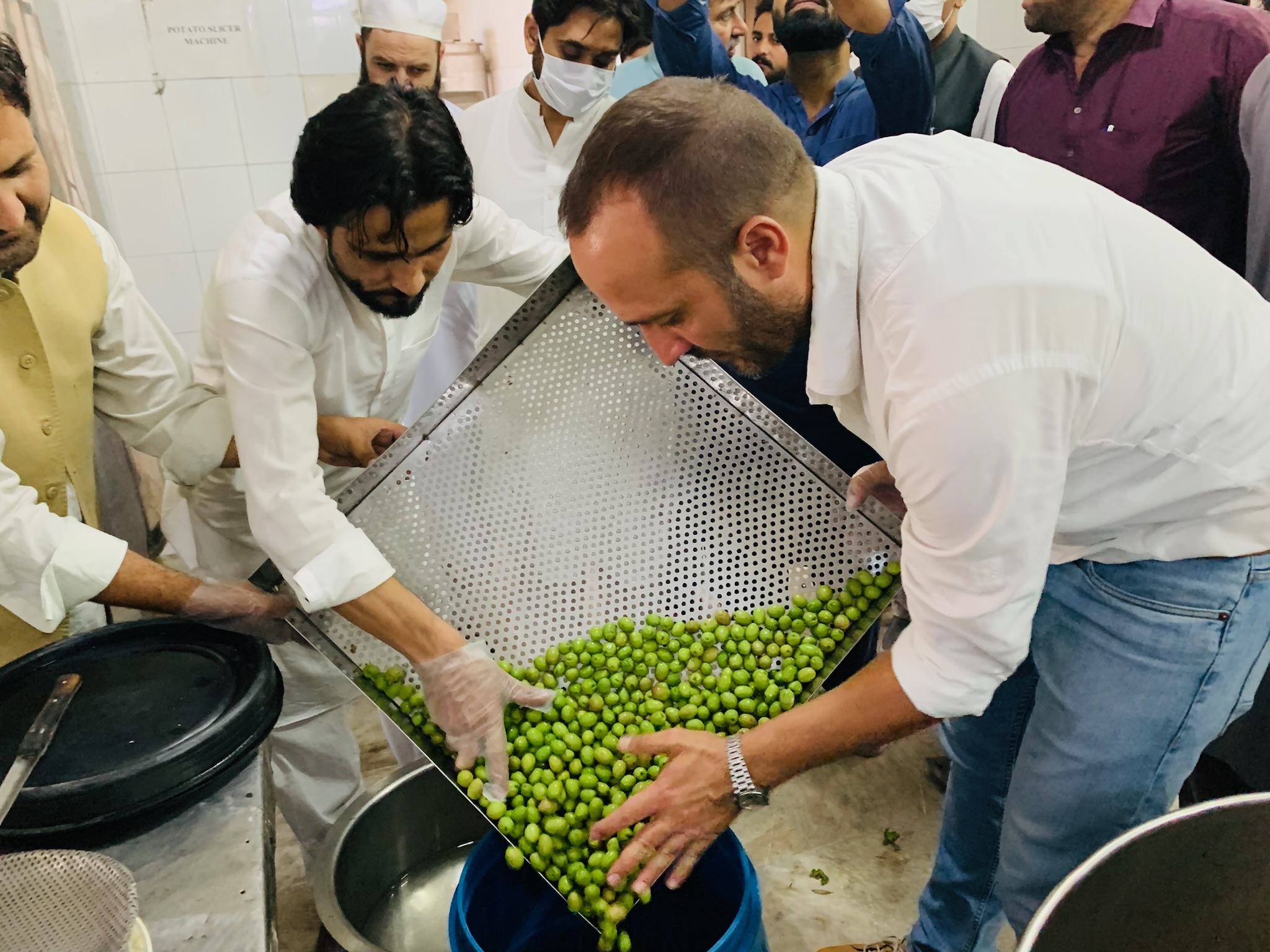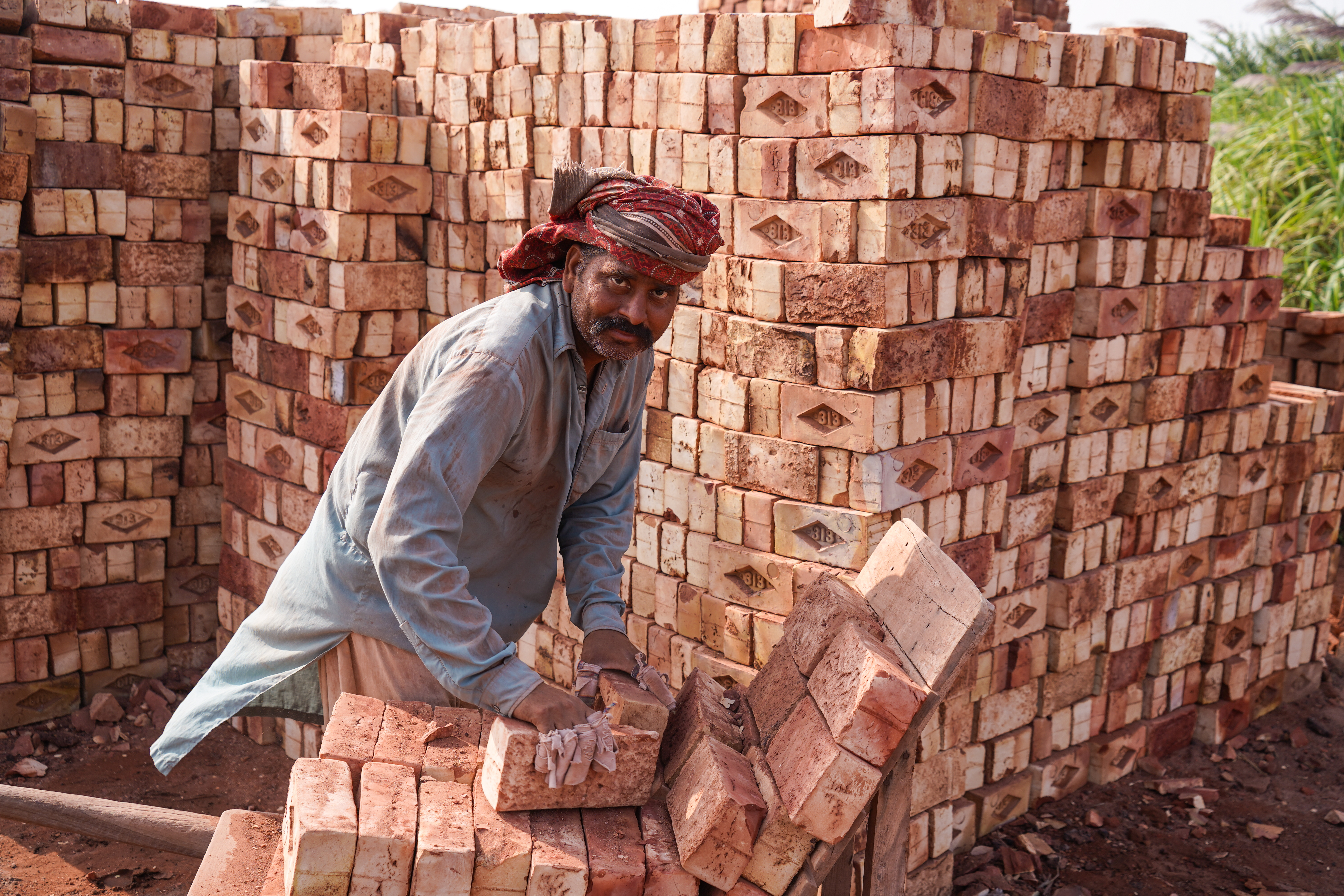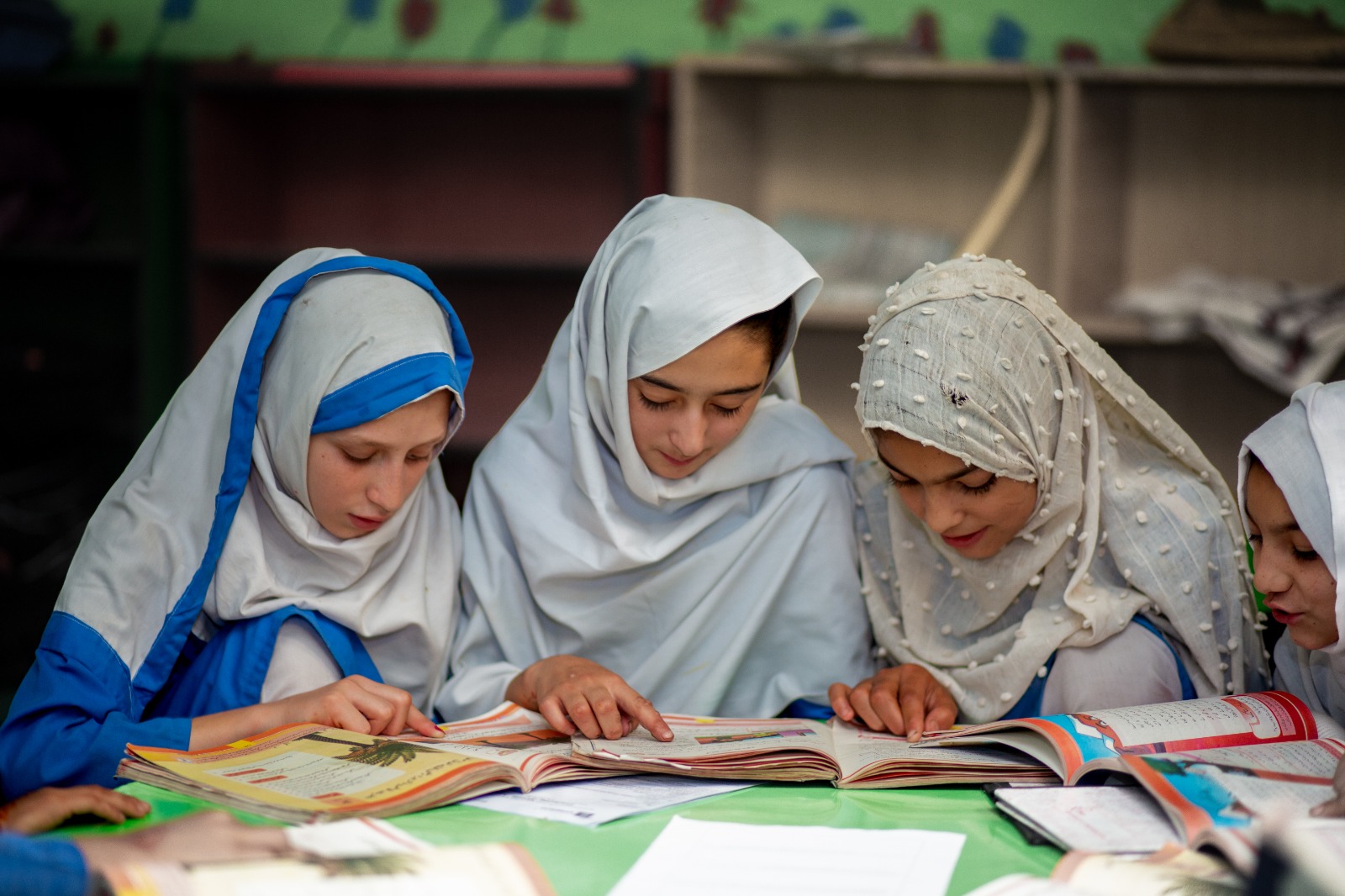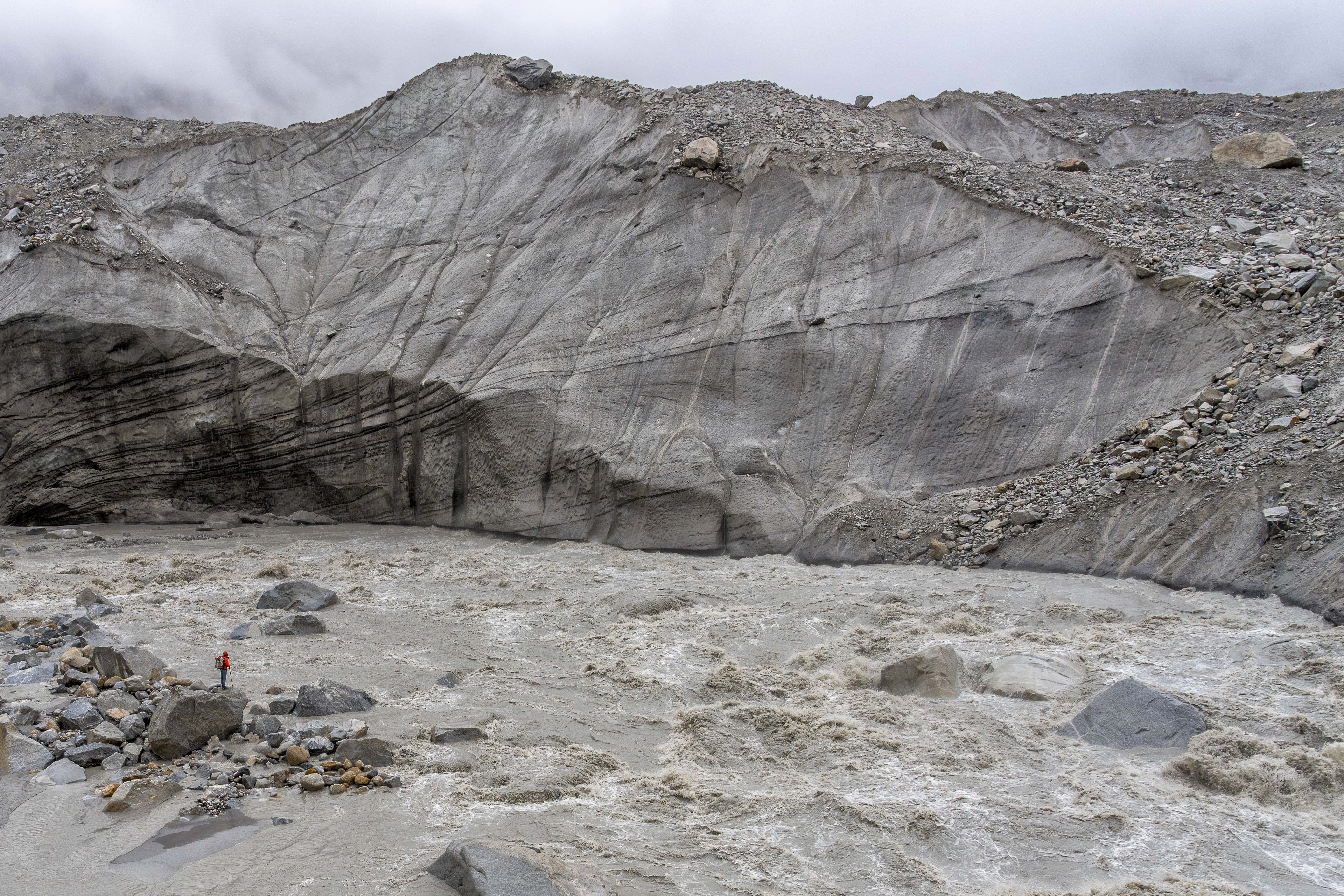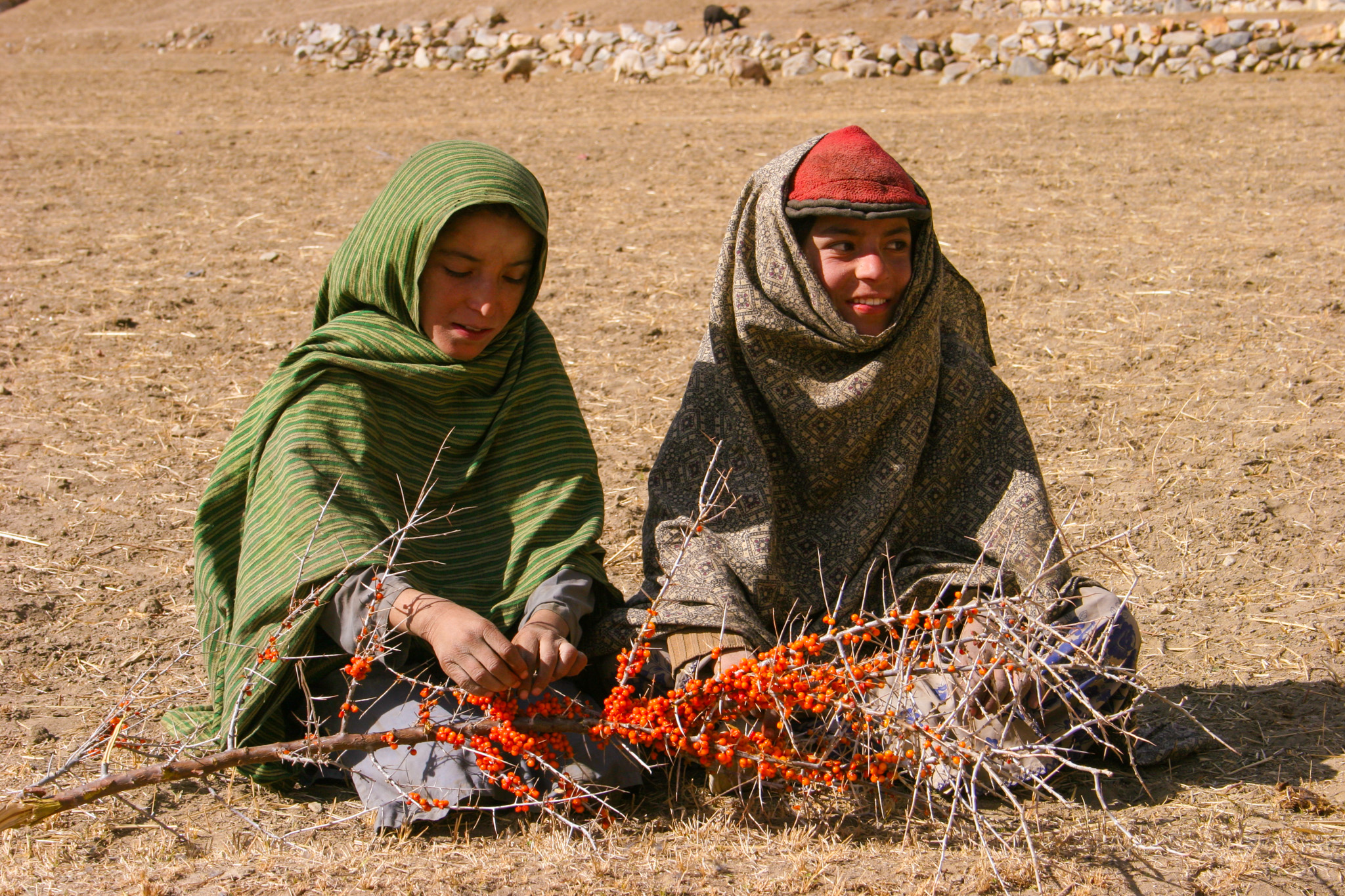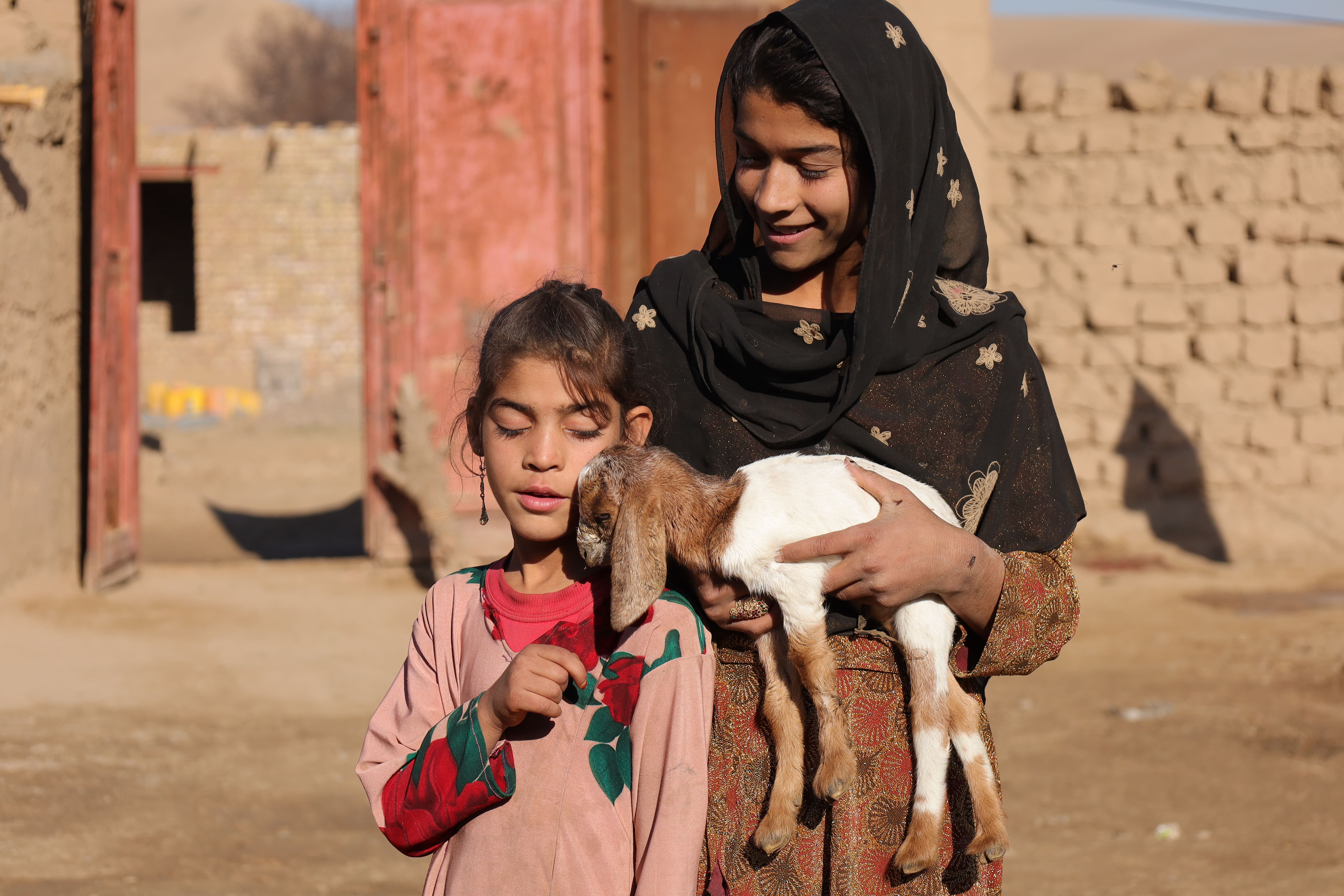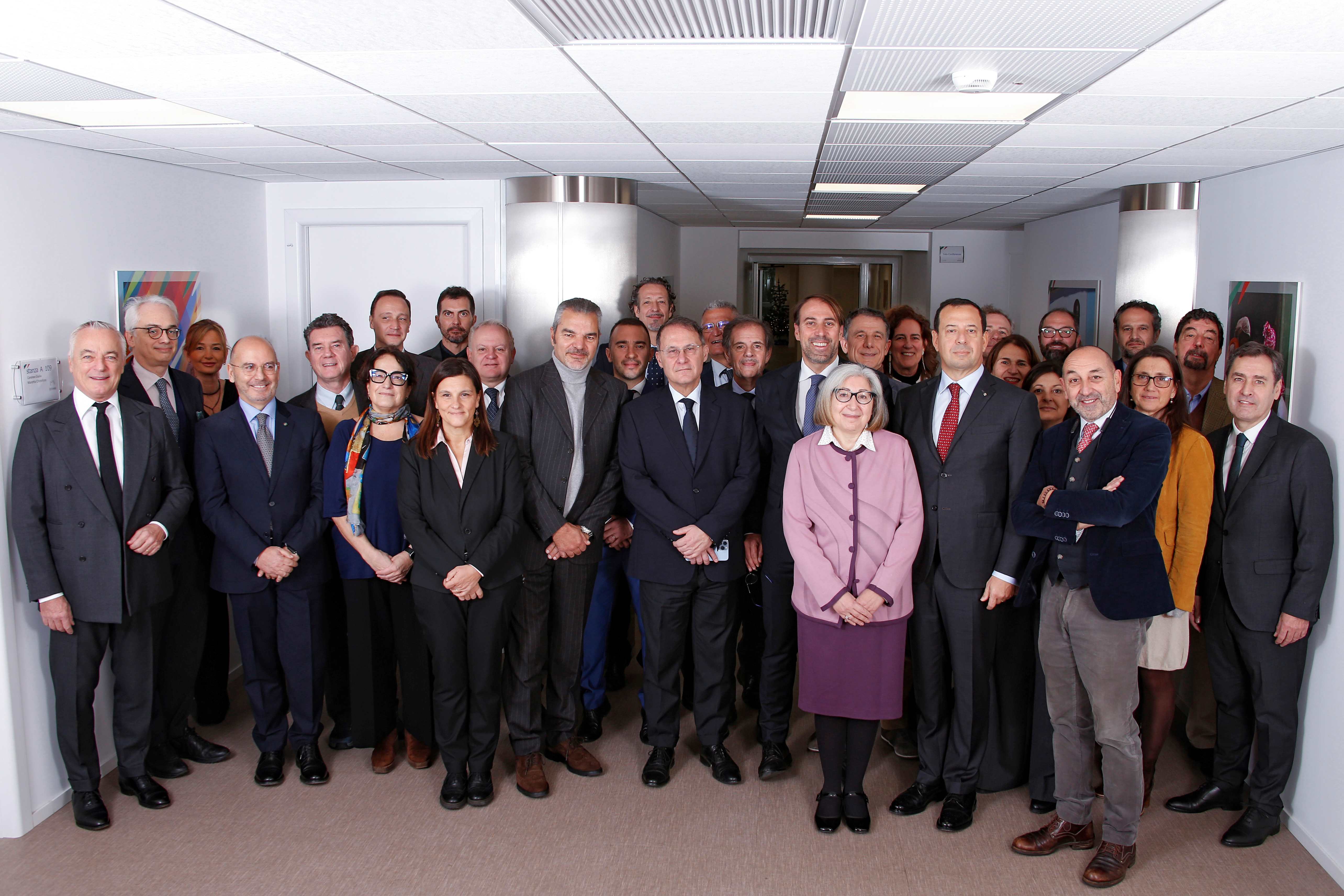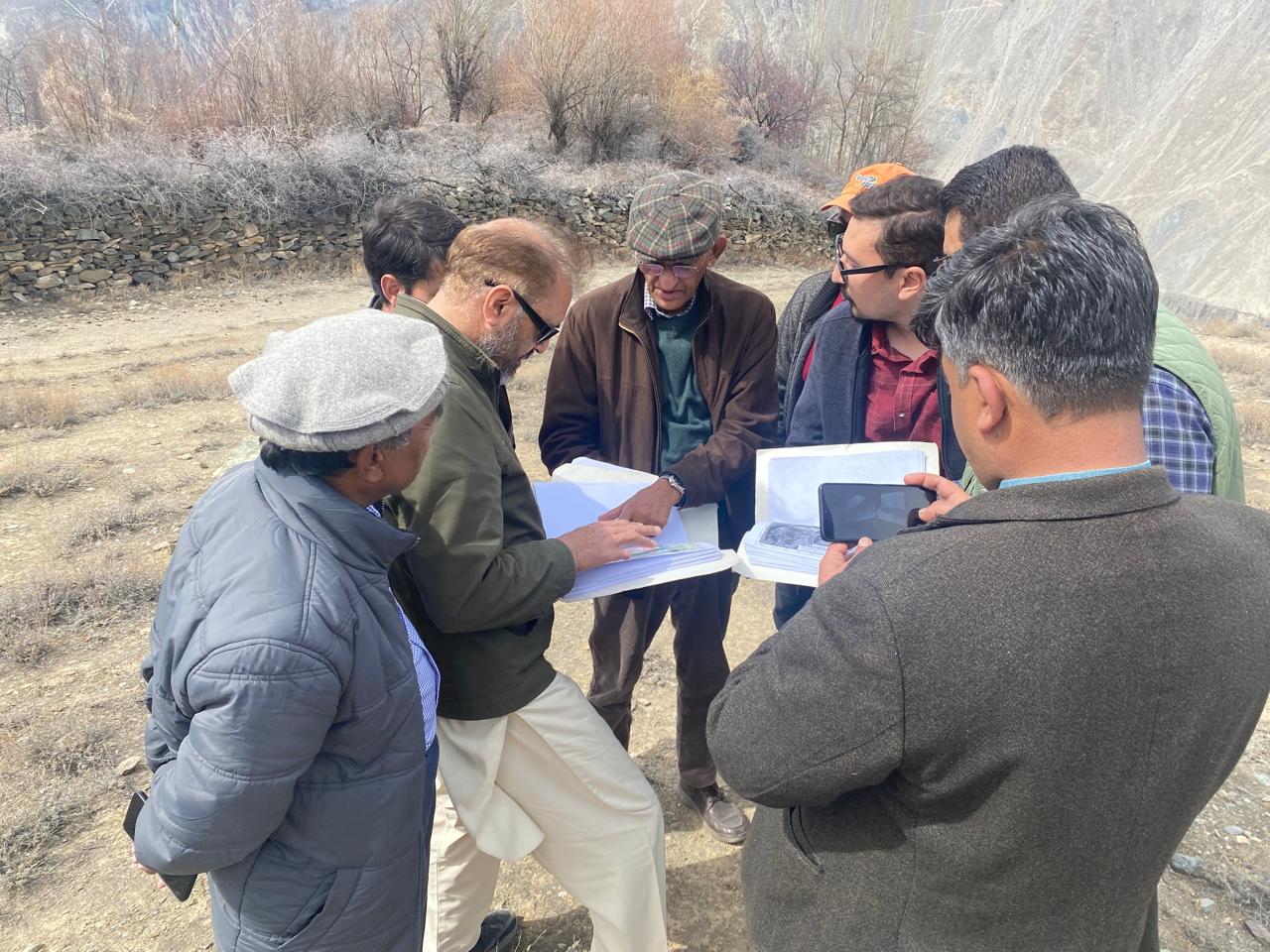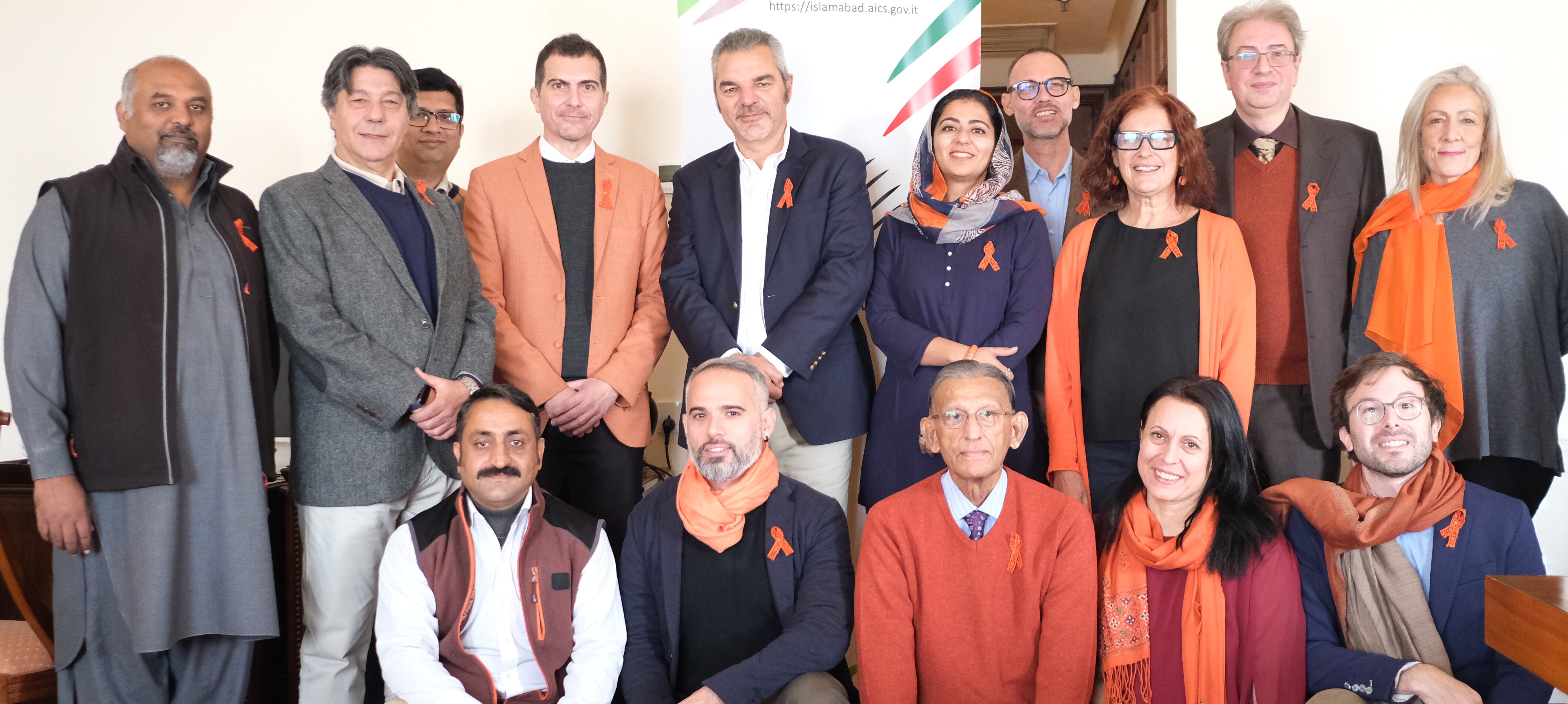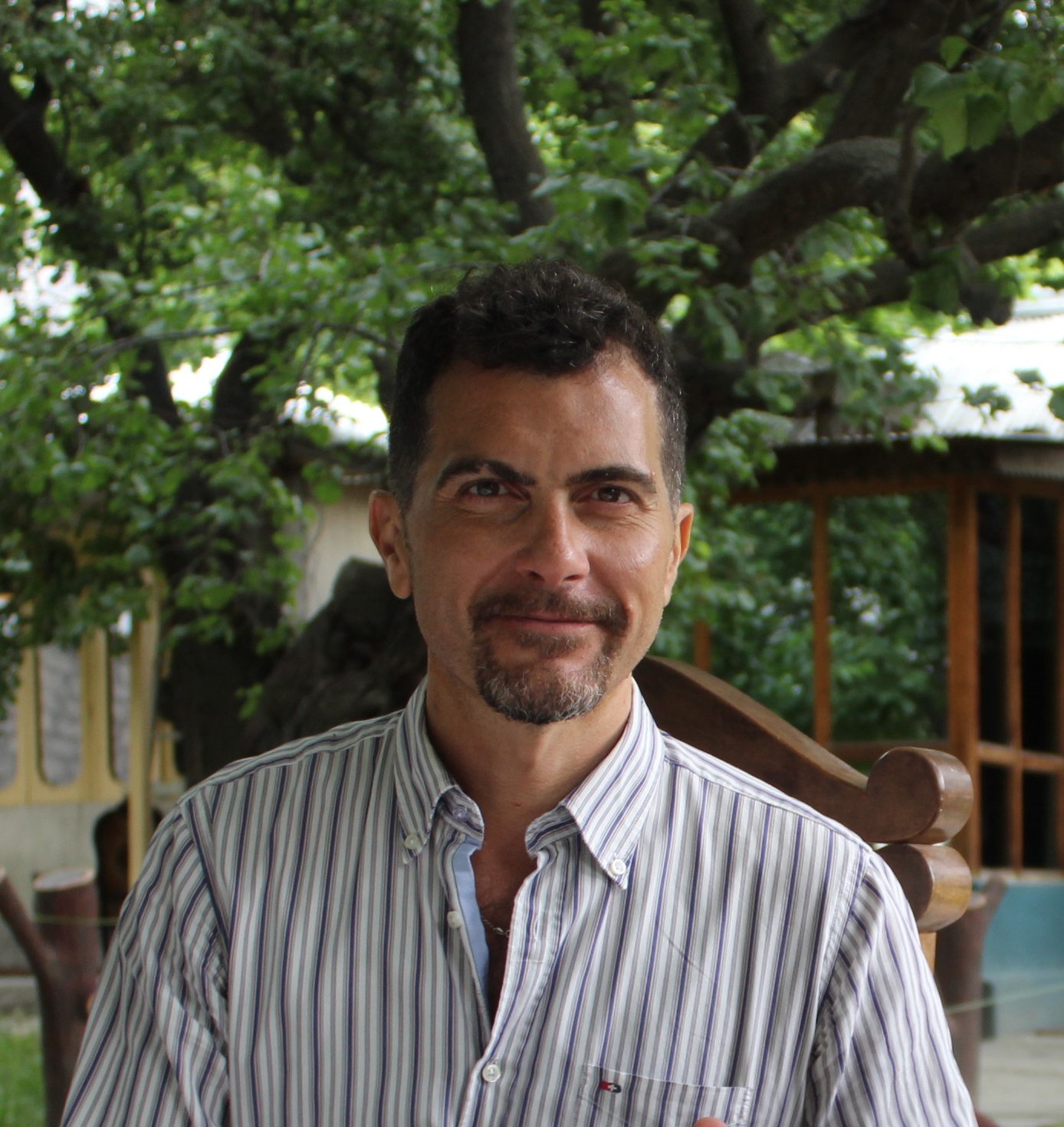PAKISTAN
Italian cooperation in Pakistan has a long history of commitment to sustainable development, poverty reduction, and improving the living conditions of the most vulnerable communities.
The first initiatives date back to the 1980s, focusing on rural development projects aimed at agricultural mechanization and improving crop quality, particularly in olive cultivation. The introduction of selected varieties of Italian olive cultivations has been instrumental in enhancing production efficiency and adapting it to Pakistan’s climate. This initiative continues to be promoted in value chain development projects.
However, Italy’s support for Pakistan has even deeper roots. In 1955, at the initiative of the last Wali Moghul of the Independent State of Swat, Professor Giuseppe Tucci founded the Italian Archaeological Mission in Pakistan. Co-managed by the International Association for Mediterranean and Oriental Studies (ISMEO) and Ca’ Foscari University, and supported by the Italian government, the efforts have played a pivotal role in the excavation, restoration, and study of Gandharan art, as well as in the analysis of settlements, the study of glaciers in the Himalayas, Karakoram, and Hindu Kush, particularly those accessible from Pakistan.
The 1954 K2 expedition, led by Ardito Desio, initiated geological and glaciological research, which was later expanded with the establishment of Ev-K2-CNR in 1989—an association and research center dedicated to climate change and high-altitude environmental studies. The association has also developed and continues to implement projects aimed at preserving and supporting the mountain ecosystem.
Italy’s expertise in archaeology and glaciology has also played a key role within the framework of the Italy-Pakistan Debt Swap Agreement (PIDSA), contributing to two of the 48 projects financed under this initiative. As part of the Archaeology Community Tourism (ACT) project, implemented by ISMEO, significant funerary archaeology (from prehistory to the Islamic period), and rock art, producing over 1,500 publications. At the same time, Italy has made a significant contribution to efforts have been made to conserve and restore cultural heritage. These include the restoration of the Buddha of Jahanabad, the rehabilitation of the ancient city of Barikot (1700 BCE–1000 CE), the
restoration of the Shahi Vishnuite Buddhist temple (670–690 CE), and the reconstruction of the Swat Archaeological Museum, which was destroyed by the 2005 earthquake and subsequent attacks in 2008.
AFGHANISTAN
Between 2002 and 2021, Italy supported Afghanistan’s development process. The initiatives focused on several areas: urban planning and infrastructure, public health, institutional strengthening, justice, entrepreneurship, education, gender equality, agriculture, rural development, and the protection of cultural heritage. Initially, activities were mainly concentrated in the areas of Herat and Kabul, later expanding to Bamiyan and other regions of the country.
In August 2021, following the change in the political context, AICS (Italian Agency for Development Cooperation) evacuated its office in Kabul, transferring the management of Afghan programs to its office in Islamabad.
After the events of August 15, 2021, Italy actively participated in international efforts to address the ongoing humanitarian emergency. During the UN Conference on Afghanistan held on September 13, 2021, Italy announced a contribution of €150 million, intended both for the Afghan population and for neighboring countries hosting refugees. These funds were allocated to United Nations agencies (including UNOCHA, UNHCR, IOM, WFP, UNHAS, WHO, UNICEF, UNFPA) and other international organizations (ICRC, IFRC), in collaboration with local and international NGOs. At the March 2022 Donor Conference, Italy announced an additional allocation of €50 million.
Italy continues its commitment, both bilaterally and multilaterally, through annual contributions that combine humanitarian aid with targeted interventions to meet the essential needs of the population, with a particular focus on education and health. Special attention is given to the protection of the rights of women, girls, and the most vulnerable groups.
Italy also participates in the Afghanistan Resilience Trust Fund (ARTF) and the Special Trust Fund for Afghanistan (STFA).
